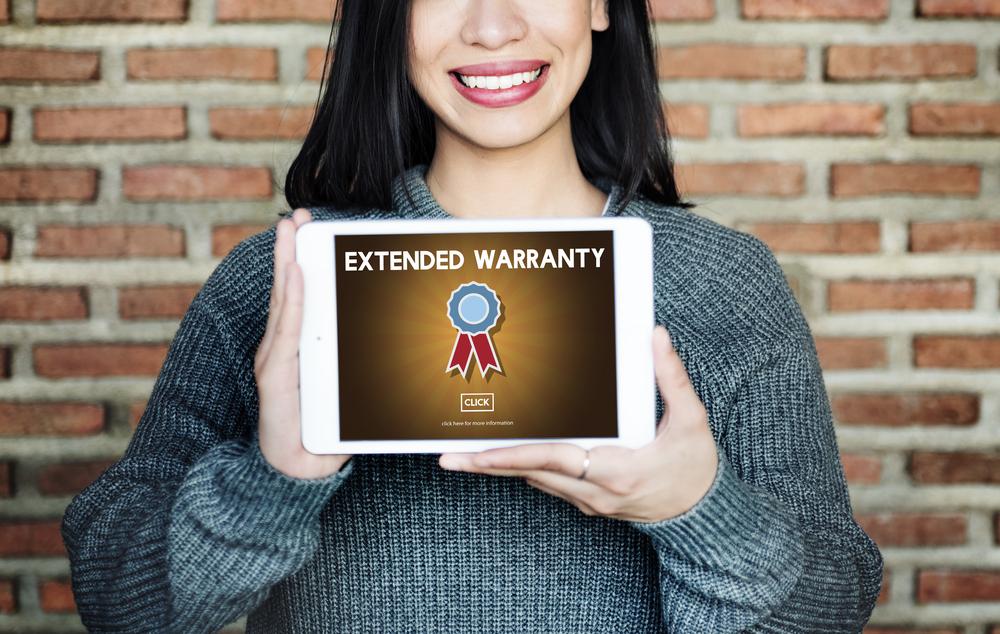Essential Tips for Choosing the Right Extended Vehicle Warranty
Discover comprehensive tips for selecting the right extended vehicle warranty. Learn who benefits most, what factors to consider, and how to manage costs effectively. This guide helps vehicle owners make informed decisions about long-term car protection plans, ensuring peace of mind and financial security for years to come.

Essential Tips for Choosing the Right Extended Vehicle Warranty
Critical Factors to Consider Before Investing in a Vehicle Extended Warranty
An extended vehicle warranty serves as a safeguard that covers repair costs once the original manufacturer’s warranty expires. This type of protection plan can be highly beneficial depending on your vehicle’s age, usage, and your personal preferences. However, understanding the nuances of such plans is crucial before committing. Extended warranties typically do not include routine maintenance services such as oil changes, tire replacements, brake pad changes, or air filter replacements. Interestingly, statistics reveal that approximately 55% of consumers who purchase extended warranties never actually utilize their coverage. This indicates that, for many, such plans may not always provide cost-effective benefits. Therefore, it’s essential to analyze your vehicle, driving habits, and financial situation carefully before deciding if an extended warranty aligns with your needs.
Making an informed choice requires evaluating several aspects of extended vehicle warranties. This article will guide you through the critical points to consider to determine whether this type of protection plan is suitable for you.
Who Should Consider Purchasing an Extended Vehicle Warranty?
Extended warranties are not necessary for every vehicle owner. They are particularly advantageous for individuals planning to keep their vehicle for five years or longer, or those who have purchased a used car with a limited or expired original warranty. Car owners who anticipate holding onto their vehicle for an extended period or intend to preserve its value often find extended warranty options worthwhile. Most car dealerships provide various extended coverage options, but the ultimate decision rests with the buyer’s specific circumstances and financial considerations.
If a dealership insists that financing only becomes available if an extended warranty is purchased, it’s recommended to explore other options or dealerships. Sometimes, such offers may be more about sales tactics than necessity. Shopping around can help you find the best deal and the most suitable coverage plan that aligns with your budget and needs.
Key Factors Influencing Your Decision to Purchase an Extended Vehicle Warranty
Existing Manufacturer’s Warranty Details – The first step is to review your vehicle's original warranty. Most new cars come with a factory warranty that covers repairs for a specific period or mileage—commonly 36,000 miles or three years. If your vehicle is still under this initial coverage, an extended warranty may not be immediately necessary unless you plan to keep the vehicle well beyond the warranty period. Conversely, for used cars with expired warranties or warranties that are about to lapse, an extended plan can offer valuable peace of mind.
Coverage Scope and Limitations – It’s essential to understand the extent of coverage provided by any extended warranty. Typically, these plans exclude routine maintenance services such as oil changes, tire replacements, brake pad replacements, and air filters. Carefully examine what repairs are included and what are not, paying close attention to coverage limits and exclusions. Being aware of these details helps prevent surprises and ensures the plan aligns with your expectations and driving habits.
Cancellation and Refund Policies – Confirm whether the extended warranty can be canceled if circumstances change. Policies differ, but generally, cancellations should be straightforward, and refundable amounts are often proportional to the unused portion of the coverage. If the warranty is financed alongside your vehicle purchase, ensure you understand how cancellation might impact your loan — whether the remaining balance will be adjusted or if penalties apply.
How to Purchase an Extended Vehicle Warranty
Delay purchasing until the original manufacturer’s warranty has expired — this allows you to assess your long-term need for coverage based on your vehicle's condition, age, and your driving habits. This approach can prevent unnecessary expenses.
Consider bundling the warranty with your car loan if you're financing the vehicle. Some lenders or dealerships might offer incentives for bundling coverage, simplifying your payments and potentially providing better terms. This can be a convenient way to manage your vehicle’s protection financially.
Factors Affecting the Cost of an Extended Vehicle Warranty
Vehicle make and model, as luxury vehicles or those with complex systems may have higher coverage costs.
Year of manufacture, with newer models typically costing more due to higher repair costs.
Your driving habits and conditions — extensive daily commuting or rough terrains can influence warranty costs.
Expected mileage — higher mileage vehicles often have increased repair risks, impacting warranty prices.
In general, extended vehicle warranties cost approximately between $1,200 and $3,000, depending on these variables. It’s advisable to compare different plans, read the fine print, and ensure the coverage fits your specific needs and budget.
Tags – extended vehicle warranty, car protection plans, auto warranty options
The extended vehicle warranty can be a valuable investment for certain car owners, especially those planning to keep their vehicles for the long term or with used cars. Carefully evaluating your driving habits, vehicle age, existing warranties, and coverage details will help you make an informed decision that safeguards your financial interests and provides peace of mind against unexpected repair costs.




